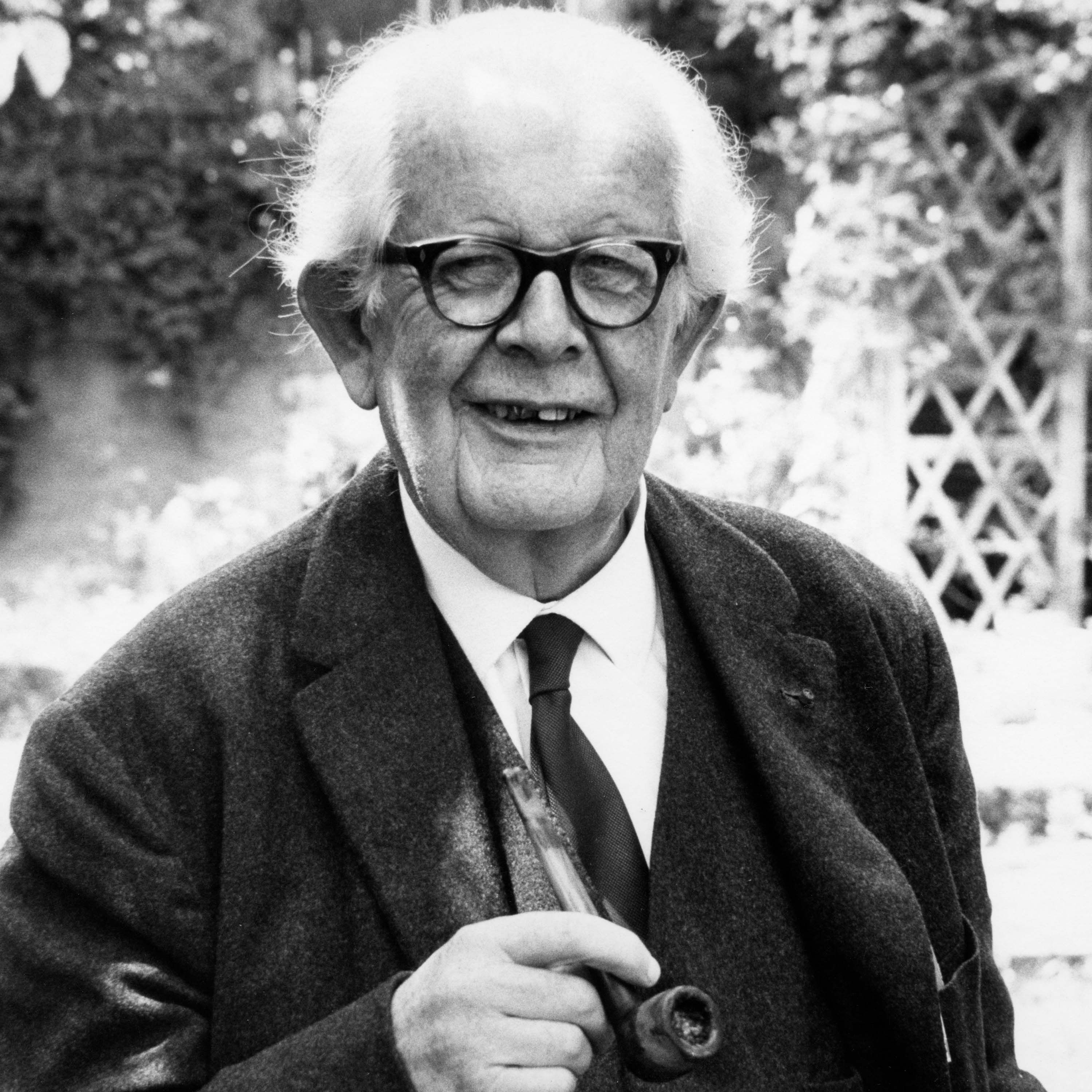Development of Academic Domains
General Overview
Early childhood academic development is the process by which young children acquire the fundamental abilities in subjects like language, reading, arithmetic, science, and social studies.The foundation for future academic performance and lifelong learning is laid by this process.
Early educational experiences ought to be interactive, lighthearted, and incorporated into everyday life.
Higher lifelong achievement and higher high school graduation rates are associated with strong academic foundations.
Age | Language and Literacy | Math | Science and Social Studies |
2-3 years old | Recognizes letters | Sorts objects by shape and color; counts to 5 | Explores nature through senses; understands basic routines
|
5-6 years old | Writes name; starts reading simple words | Counts to 20; understands simple addition | Recognizes seasons; basic map understanding
|
7-8 years old | Reads simple stories independently; uses complete sentences | Adds and subtracts within 20; understands measurement | Knows about community roles; investigates simple science concepts
|
Lev Vygotsky

How to Encourage Positive Growth in Academic Fields
The video titled "Vygotsky's Sociocultural Theory of Learning (5 Key Elements)" offers a concise overview of Lev Vygotsky's influential ideas on cognitive development. It emphasizes that learning is fundamentally a social process, highlighting five core concepts: the Zone of Proximal Development (ZPD), scaffolding, the role of language, cultural tools, and the importance of social interaction. The ZPD refers to the gap between what a learner can do independently and what they can achieve with guidance, underscoring the value of collaborative learning. Scaffolding involves providing support structures to assist learners in mastering new concepts, which are gradually removed as competence increases. Language is portrayed as a critical tool for thought and communication, facilitating cognitive development.Cultural tools, including language and symbols, are seen as mediators of learning, shaping the way individuals think and understand the world. Lastly, the theory underscores that social interactions with more knowledgeable others are essential for learning, as they provide the context in which cognitive development occurs. By integrating these elements, Vygotsky's theory offers a framework for understanding how social and cultural contexts influence learning processes. Language and symbols are examples of cultural artifacts that are thought to act as learning mediators, influencing how people think and perceive the world. Finally, the idea emphasizes how social contacts with people who possess greater information are crucial for learning since they offer the environment in which cognitive development takes place. Vygotsky's theory provides a framework for comprehending how social and cultural circumstances affect learning processes by combining these components.
Conclusion
Early childhood academic domain development establishes the groundwork for subsequent learning and achievement. Teachers and families can provide rich learning settings where young children flourish by using important educational theories, comprehending regular developmental milestones, and encouraging healthy academic growth through stimulating and encouraging activities. The early years are a crucial time for developing creativity, curiosity, and a love of learning. We enable kids to realize their full potential in school and beyond by making investments in solid academic foundations during these formative years.
:max_bytes(150000):strip_icc()/LevVygotsky-cropped-74865beb474f476a9059cf9bc93e6f5d.jpg)


Comments
Post a Comment